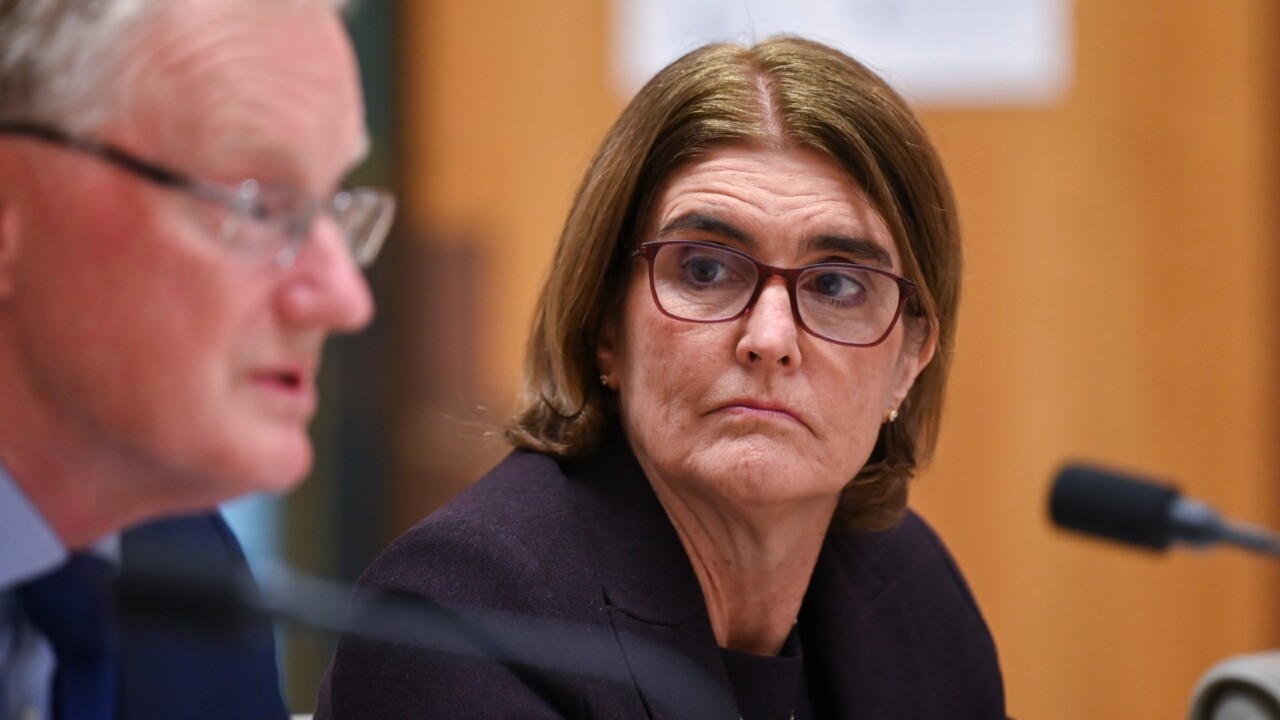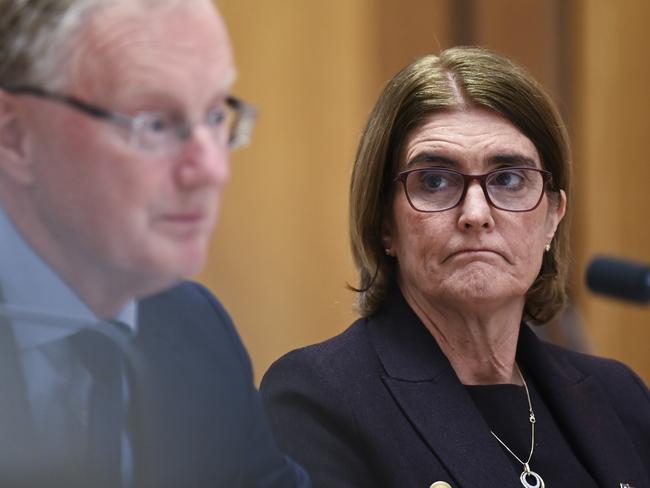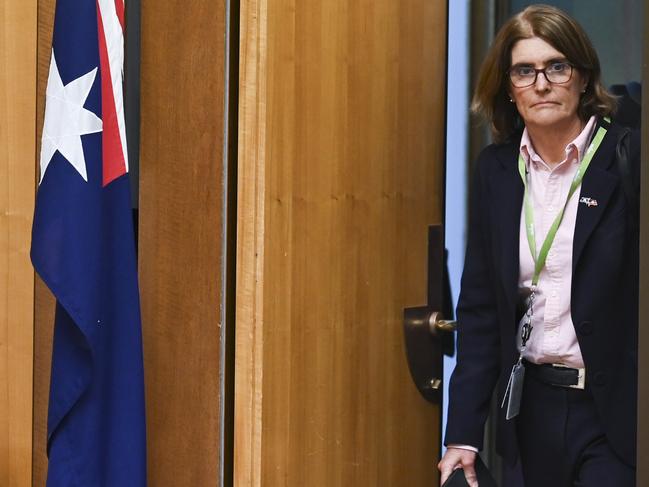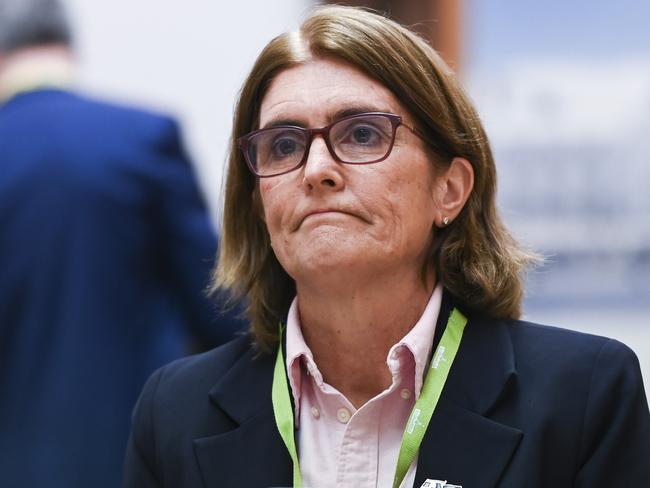Fatal Reserve Bank move that doomed us all
Interest rate rises and the wider Aussie economy are potentially being screwed by one big RBA decision that is costing us all.

Interest Rates
Don't miss out on the headlines from Interest Rates. Followed categories will be added to My News.
ANALYSIS
Great fanfare greeted Michele Bullock, the new governor of the Reserve Bank of Australia.
A few short weeks later financial markets are fast reappraising the appointment.
Market pricing and scuttlebutt are concerned that Bullock’s promotion was political and Treasurer Jim Chalmers has an undue influence over monetary policy.
Bad appointment
Arguably, the first problem with the RBA reform process was the appointment of the deputy to the governorship.
As Governor Phil Lowe’s offsider, Bullock was central to the regime that was considered bad enough to terminate.

Why would the second in command of a failed institution be appointed to reform it?
One possible answer is that the person would be indebted to the appointed.
Bad speech
Suspicions of a political appointment intensified after Governor Bullock’s first speech.
The governor inexplicably sought to argue that Aussie renters are better off after the last 12 months of paralysing rental inflation.
She could only do so by systemically underestimating their costs using the Household Expenditure Measure (HEM), a poverty line measure used by banks to maximise mortgage sizes.
Bullock also should have acknowledged that renter’s rising incomes resulted from taking on second jobs to pay the rent.
That is hardly better off. So, the argument came across as biased towards the government.

Bad look
The smouldering suspicions of political interference at the RBA were ignited for markets after a sequence of events last week.
First, the RBA declared it would not tolerate any further delay to inflation returning to the target band.
Next, a red-hot Q3 inflation number was released by the ABS that suggested just such a delay.
Treasurer Jim Chalmers responded that the CPI was immaterial to the inflation outlook.
Finally, Michele Bullock appeared before the Senate Economics Legislation Committee where she seemed to abandon the bank’s days-old hawkish rhetoric.

There are further reasons to see Bullock being pressured by the government.
Treasurer Chalmers is yet to appoint her deputy, depriving the governor of moral and institutional support.
He has also stalled on his reform process, surrounding Bullock with uncertainty.
Bad idea
The result is that markets have materially cut the prospect of further interest rate increases even though the inflation data has gotten materially worse than the RBAs forecasts.
As a result, all borrowing costs for Australian governments are rising.
This is the ultimate irony of Treasurer Chamler’s gambit.
By compromising RBA independence, the Treasurer has set his own borrowing costs on a course higher.
Why he has done this is a matter of debate.
Perhaps he needs help understanding markets.
Or, in trying to protect mortgagees, he has shot himself in the foot.
This will ultimately land on households anyway as bank funding costs rise in sympathy with the risk-free rate.
Whatever the cause, Treasurer Chalmers’ interference in RBA business is threatening three decades of Australian monetary credibility.
David Llewellyn-Smith is Chief Strategist at the MB Fund and MB Super, founding publisher and editor of MacroBusiness and was the founding publisher and global economy editor of The Diplomat, the Asia Pacific’s leading geopolitics and economics portal. He is the co-author of The Great Crash of 2008 with Ross Garnaut and was the editor of the second Garnaut Climate Change Review.
Originally published as Fatal Reserve Bank move that doomed us all




